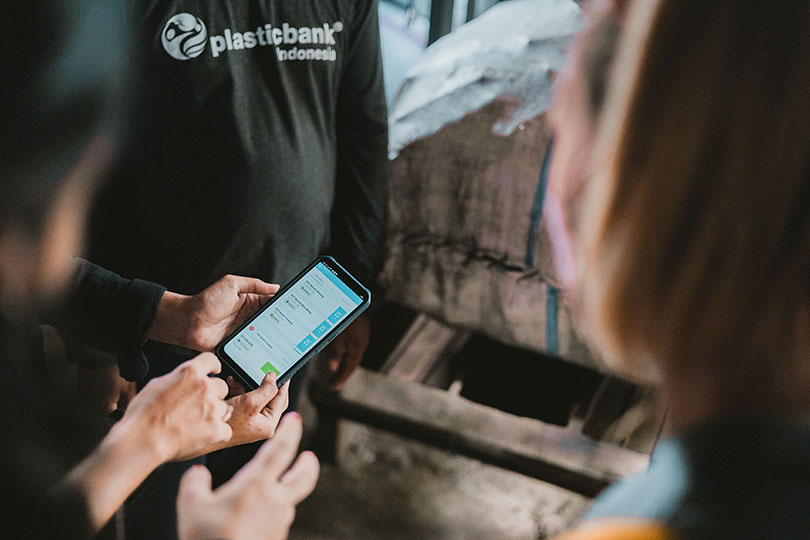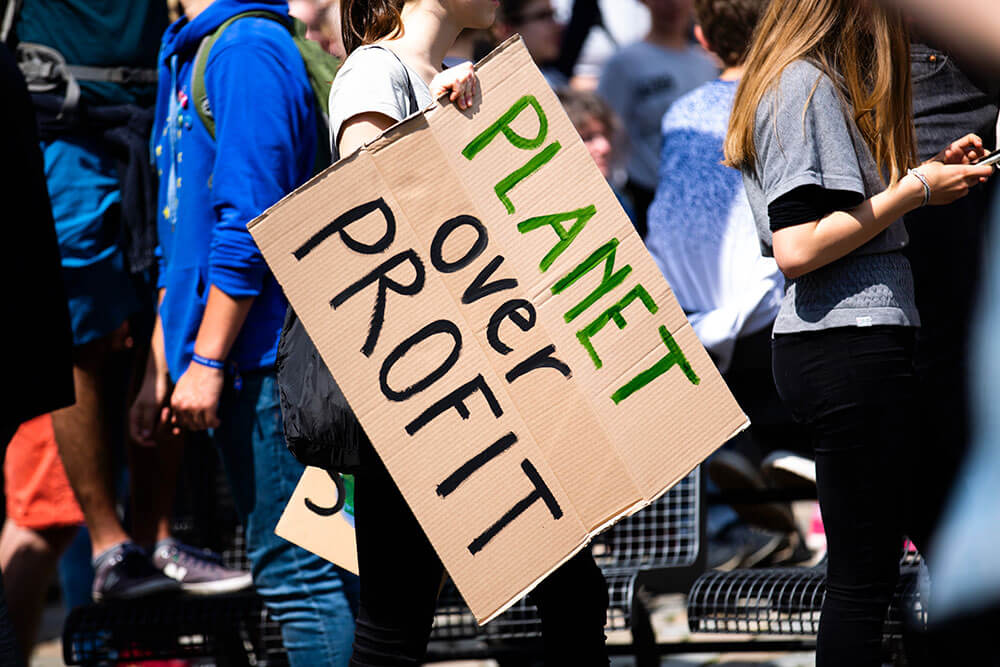
What is the circular economy and how can it make our world better?
Photo by Nick Fewings on UnsplashWhat is the circular economy?We’ve spent hundreds of years extracting materials to…
Are you sure you want to remove this item from cart?

Written by
on
4 minutes to read
 Photo by Markus Spiske on Unsplash
Photo by Markus Spiske on Unsplash
With the growing awareness of our environmental footprint, people are making more conscious choices, seeking out products and services that are working to protect the planet.
According to a survey by Cone Communications, 87% of consumers would purchase a product because a company advocated for an issue they cared about, and 76% would boycott a company if it supported an issue contrary to their beliefs1. Because of this, companies are scrambling to keep up, making bold claims about their environmental credentials – from reducing carbon emissions to using recycled materials in their products.
But with so much uncertainty and apprehensions about greenwashing, how can consumers know which companies are truly committed to sustainability?
Traceability is the answer. The ability to trace the journey of a recyclable material, from its collection to its reintegration, is what the consumers and manufacturers need. It allows companies to be held accountable for their environmental impact and provides consumers with the information they need to make informed purchasing decisions.
A company may claim that its products are made from sustainable materials, but without traceability, there is no way to know whether those materials are responsibly sourced. By tracing the journey of the product, consumers can be confident that the company is living up to its sustainability claims.
 PlasticBank® app, powered by a secure blockchain platform.
PlasticBank® app, powered by a secure blockchain platform.
Some businesses leverage technology to ensure traceability. One such company is Plastic Bank, a social enterprise that stops ocean plastic and helps alleviate poverty. Its collection community members exchange plastic waste for additional income and life-improving benefits. Every exchange is recorded through the PlasticBank® app, its proprietary blockchain-secured platform that enables traceable collection, secures income, and verifies reporting. The collected material is processed into Social Plastic® feedstock for reuse in products and packaging.
Each kilo of plastic waste collected by its collection community members and exchanged at its collection branches is given a unique digital ID that is tracked on its blockchain platform. This allows Plastic Bank and its partners to track the movement of every plastic that enters the recycling ecosystem, from input to output.
In addition to blockchain technology, Plastic Bank conducts regular internal audits of its collection branches to ensure that the plastic waste is properly collected, sorted, and weighed. A Plastic Bank team member also verifies the amount of plastic waste collected and the corresponding payments made to community members.
Another way the social enterprise demonstrates its commitment to traceable and authentic impact is by obtaining third-party certifications and ratings.
Plastic Bank has received the following recognitions:
 Collection community members from Plastic Bank’s ecosystem in Laguna, Philippines.
Collection community members from Plastic Bank’s ecosystem in Laguna, Philippines.Traceability is key to knowing where a product comes from and how it affects the environment. It helps companies ensure the credibility of their sustainability claims and provides consumers access to accurate information needed to make a responsible purchase. Plastic Bank takes this commitment further by using blockchain technology as well as internal and external auditing systems to ensure authenticity in its impact.
If you are a business leader looking to meet your company’s environmental, social, and governance (ESG) targets, Plastic Bank offers partnership opportunities that make a positive impact on the environment.
You can offset your plastic footprint through the purchase of plastic collection credits through its Impact Program; make regular contributions to support plastic recycling through the Supporter Program; or integrate ethically processed plastic feedstock into your manufacturing supply chain through the Social Plastic® Program. All partnerships help stop ocean plastic and alleviate poverty by funding ethical collection communities in vulnerable coastal areas.
Visit plasticbank.com to learn how your organization can help save the ocean and support recycling!

Photo by Nick Fewings on UnsplashWhat is the circular economy?We’ve spent hundreds of years extracting materials to…

Photo by Markus Spiske on UnsplashOur planet is drowning in plastic waste.

Dive into how Plastic Bank sets higher sustainability standards by turning discarded plastic into a valuable resource and supporting underserved communities.

Photo by GuerrillaBuzz Crypto PR on UnsplashMake sure your approach has positive, measurable impacts that can be brought…